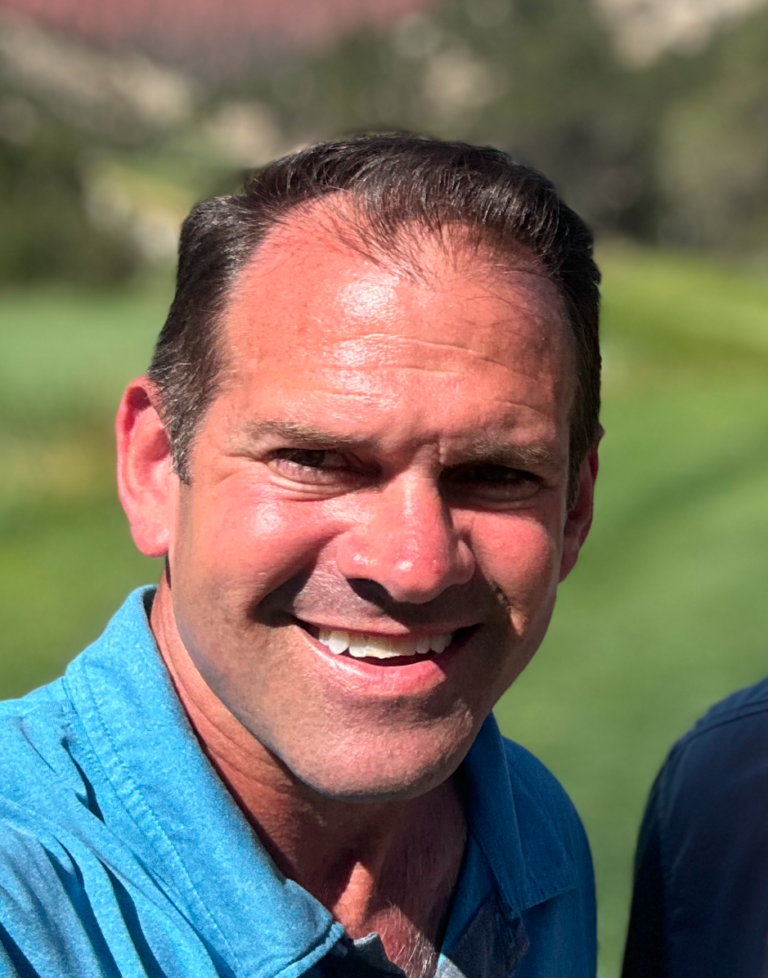Dr. Ian Weisberg on AI and Machine Learning in Cardiology
Dr. Ian Weisberg on AI and Machine Learning in Cardiology
Blog Article
Atrial fibrillation (AFib) is the most frequent kind of irregular center rhythm, affecting huge numbers of people worldwide. It may increase the danger of stroke, center failure, and other complications. Dr Ian Weisberg, a leading expert in cardiac electrophysiology, emphasizes that elimination is key. By adopting a heart-healthy life style and creating smart choices, individuals can somewhat decrease their threat of building AFib.

1. Keep a Balanced Weight
Dr. Weisberg features the solid connection between obesity and atrial fibrillation. Excess fat can put added strain on the center, ultimately causing infection and electric disturbances that trigger AFib. Studies show that losing only a large number of weight may dramatically reduce AFib attacks and improve heart function.
2. Check and Get a handle on Blood Stress
High body force (hypertension) is one of the primary causes of AFib. Dr. Weisberg advises regular body pressure monitoring and life style improvements like:
Reducing sodium absorption
Training often
Managing tension successfully
For people that have consistent hypertension, medicines might be necessary to help keep blood stress in a healthy selection and reduce AFib risk.
3. Restrict Liquor and Caffeine Absorption
Exorbitant alcohol use can lead to "vacation center syndrome," a issue where abnormal heartbeats arise after major drinking. Dr. Weisberg suggests:
Limiting alcohol to average degrees (no several drink daily for women, two for men)
Lowering caffeine consumption for anyone painful and sensitive to their heart-stimulating consequences
4. Get Standard Workout – But Avoid Overexertion
Physical activity is crucial for heart health, but Dr. Weisberg warns against serious strength workout, that might raise AFib chance in certain individuals. The very best strategy is:
Reasonable cardiovascular exercises (walking, biking, swimming)
Resistance training in balance
Yoga or meditation to lessen strain and secure center rhythms
5. Prioritize Rest and Handle Stress
Sleep apnea and serious strain tend to be linked to AFib episodes. Dr. Weisberg says:
Getting 7-9 hours of sleep per evening

Managing rest apnea if diagnosed
Training relaxation methods like deep breathing and mindfulness
Realization: Prevention Begins Today
Dr Ian Weisberg stresses that atrial fibrillation is not inevitable. By making easy but successful lifestyle changes, persons can reduce their chance and enhance their over all center health. With a positive method, you are able to take control of your heart's beat and long-term well-being.
Could you want more in-depth guidance on a certain avoidance strategy? ????
Report this page